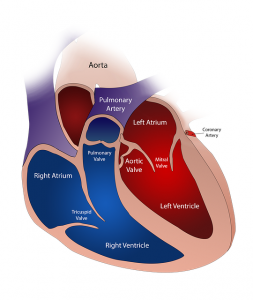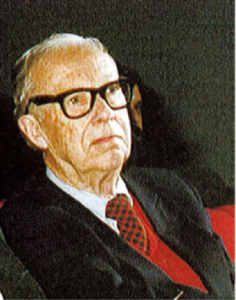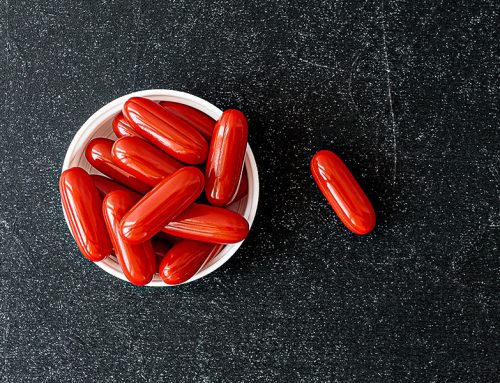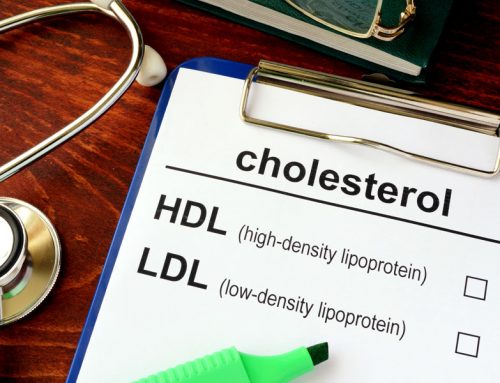Coenzyme Q10 as an adjuvant therapy to the conventional medication for heart failure patients = an idea whose time has come.

Patients with the symptoms of heart failure — fatigue, palpitation, shortness of breath, limited physical activity — have lower quality of life and reduced survival. CoQ10 therapy can improve symptoms and survival.
Followers of evidence-based medicine will want to use the ubiquinone form of Coenzyme Q10 in the same dosage and administration (3 times 100 mg daily with meals) as it was used in the Q-Symbio Study of the effect of Coenzyme Q10 on morbidity and mortality in chronic heart failure [Mortensen 2014; Mortensen 2019].
Q-Symbio Study: Coenzyme Q10 and Heart Failure
Adjuvant therapy with Coenzyme Q10 in the ubiquinone form – 300 mg daily for two years – was associated with the following heart health benefits, compared to placebo [Mortensen 2014]:
- significantly reduced risk of death from heart disease and death from all causes
- significantly reduced risk of major adverse cardiovascular events, e.g., heart attack, hospitalization, mechanical assist implantation.
In the European segment of the Q-Symbio Study, the data showed heart health benefits in addition to those listed above [Mortensen 2019]:
- significant improvement of NYHA function class by one class
- significant improvement of left ventricular ejection fraction
Evidence for Coenzyme Q10 in Other Heart Disease Studies
Coenzyme Q10 in the ubiquinone form has been tested extensively in patients with heart failure. In a 2022 review article, cardiologist KJ Filipiak lists 16 clinical trials with positive outcomes and four clinical trials showing no statistically significant benefit of the CoQ10 supplementation compared to placebo [Filipiak 2022].
Evidence for Coenzyme Q10 in Elderly Healthy People
Prof. Urban Alehagen and a team of researchers Alehagen et al. administered 2 times 100 mg ubiquinone Coenzyme Q10 combined with 200 mcg selenium or matching placebos daily to elderly healthy Swedish citizens for four years.
Compared to placebo, the active treatment significantly reduced the risk of death from heart disease after 12 years of follow-up. The beneficial effect of the combined supplementation was seen in patients with ischemic heart disease, with diabetes, with hypertension, and with impaired functional capacity [Alehagen 2018].
There is good reason to think that that the selenium supplementation supports the action of endogenous Coenzyme Q10, especially in elderly individuals with low selenium status [Alehagen 2015].

In a study by Folkers et al, heart muscle tissue biopsies of heart failure patients showed that the heart failure was more severe in patients with lower CoQ10 content in the heart muscle cells [Folkers 1985].
How Coenzyme Q10 Protects the Heart
Heart failure patients have heart muscle tissue with reduced ATP synthesis and increased production of harmful free radicals (= reactive oxygen species). In end-stage heart failure, the heart can have as much as 30% less ATP content than a healthy heart does [Filipiak 2022].
Filipiak [2022] lists the following functions of Coenzyme Q10:
- Sufficient Coenzyme Q10 is necessary for efficient electron transport in the mitochondria to enable more production of ATP energy.
- Coenzyme Q10 is a natural lipid-soluble antioxidant that protects low density lipoproteins against lipid peroxidation.
- Coenzyme Q10 supplementation improves endothelial function, e.g., improving blood flow, regulating blood pressure, etc.
- Coenzyme Q10 has multiple anti-inflammatory effects.
- Coenzyme Q10 regenerates the antioxidant forms of Vitamin C and E.
Conclusion: Coenzyme Q10 Improves Symptoms and Survival in Heart Failure Patients
Cardiologist K. J. Filipiak concludes that the ubiquinone form of Coenzyme Q10, the form that was used in the Q-Symbio and KiSel-10 studies, is the preferred adjuvant therapy form. Its effects have been extensively tested in parallel and cross-over studies.
- CoQ10 researcher Dr. William Judy has addressed the question of misleading manufacturers’ claims for ubiquinol in a 2021 article.
- Despite the claims of some manufacturers to the contrary, the ubiquinol form is not necessarily better absorbed [Lopez-Lluch 2019]. Furthermore, ubiquinol has not been extensively tested in clinical trials of heart failure patients.
- Ubiquinone and ubiquinol are continually converted back and forth within the body. The body has numerous enzyme systems to catalyze the conversion of ubiquinone to ubiquinol, depending upon the need for ubiquinol [Mantle & Dybring 2020].
- Mohr et al. [Mohr 1992] have shown that supplementation with the ubiquinone form of Coenzyme Q10 will significantly raise the content of ubiquinol in the plasma and in the lipoproteins in the blood circulation. A single oral dose of 100 or 200 mg of ubiquinone increased the total plasma CoQ10 content by 80 or 150%, respectively. Long-term supplementation with three times 100 mg ubiquinone per day resulted in a four-fold enrichment of ubiquinol in plasma and in LDL lipoproteins.
Read our key article on CoQ10 as adjuvant therapy for heart failure
Sources
Alehagen U, Aaseth J. Selenium and coenzyme Q10 interrelationship in cardiovascular diseases–A clinician’s point of view. J Trace Elem Med Biol. 2015;31:157-62.
Alehagen U, Aaseth J, Alexander J, Johansson P. Still reduced cardiovascular mortality 12 years after supplementation with selenium and coenzyme Q10 for four years. PLoS One. 2018;13(4):e0193120.
Filipiak KJ, Surma S, Romanczyk M, Okopien B. Heart failure—do we need new drugs or have them already? a case of Coenzyme Q10. J. Cardiovasc. Dev. Dis. 2022, 9, 161.
Folkers K, Vadhanavikit S, Mortensen SA. Biochemical rationale and myocardial tissue data on the effective therapy of cardiomyopathy with coenzyme Q10. Proc. Natl. Acad. Sci. USA. 1985;82:901–904.
Judy WV. The Instability of the Lipid-Soluble Antioxidant Ubiquinol: Part 3-Misleading Marketing Claims. Integr Med (Encinitas). 2021 Dec;20(6):24-28.
López-Lluch G, Del Pozo-Cruz J, Sánchez-Cuesta A, Cortés-Rodríguez AB, Navas P. Bioavailability of coenzyme Q10 supplements depends on carrier lipids and solubilization. Nutrition. 2019 Jan;57:133-140.
Mantle D, Dybring A. Bioavailability of Coenzyme Q10: An Overview of the Absorption Process and Subsequent Metabolism. Antioxidants (Basel). 2020 May 5;9(5):386.
Mohr D, Bowry VW, Stocker R. Dietary supplementation with coenzyme Q10 results in increased levels of ubiquinol-10 within circulating lipoproteins and increased resistance of human low-density lipoprotein to the initiation of lipid peroxidation. Biochim Biophys Acta. 1992 Jun 26;1126(3):247-54.
Mortensen SA, Rosenfeldt F, Kumar A, Dolliner P, Filipiak KJ, Pella D, Alehagen U, Steurer G, Littarru GP; Q-SYMBIO Study Investigators. The effect of coenzyme Q10 on morbidity and mortality in chronic heart failure: results from Q-SYMBIO: a randomized double-blind trial. JACC Heart Fail. 2014 Dec;2(6):641-9.
Mortensen AL, Rosenfeldt F, Filipiak KJ. Effect of coenzyme Q10 in Europeans with chronic heart failure: A sub-group analysis of the Q-SYMBIO randomized double-blind trial. Cardiol J. 2019;26(2):147-156.
The information presented in this review article is not intended as medical advice and should not be used as such.
15 July 2022









Leave A Comment